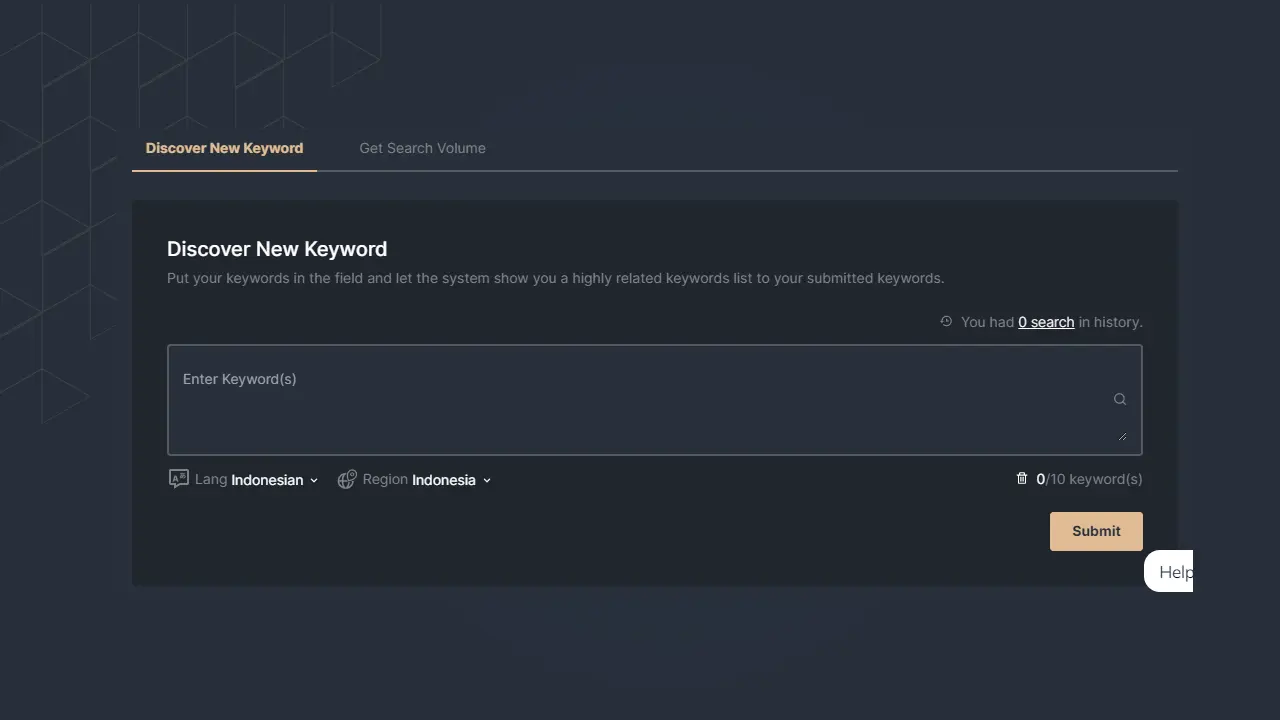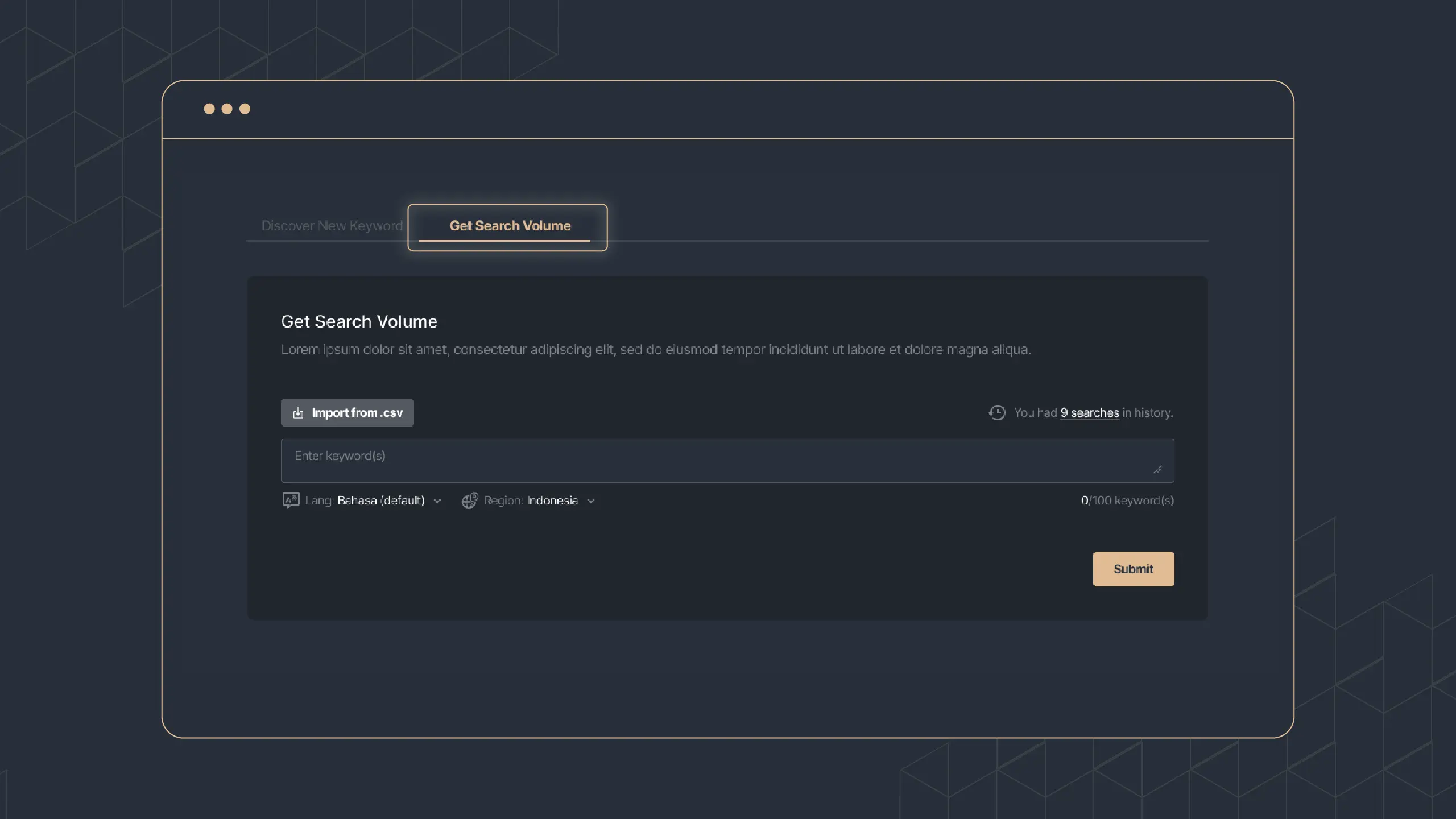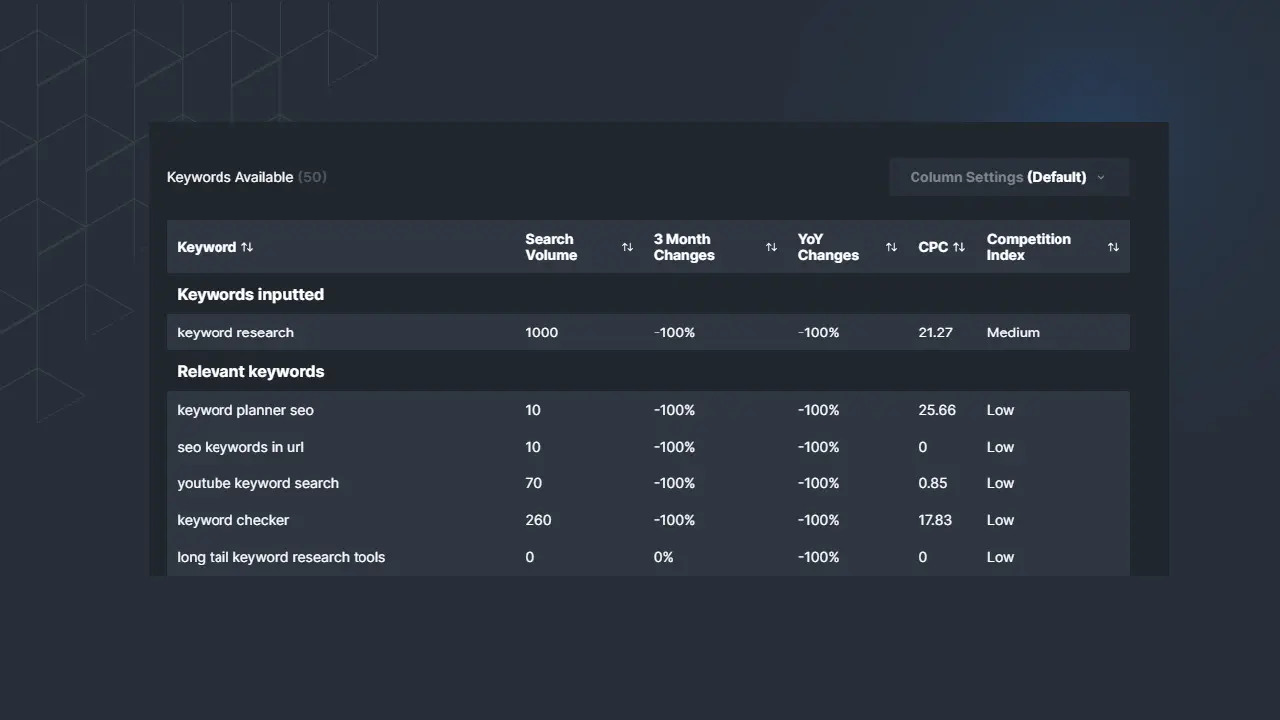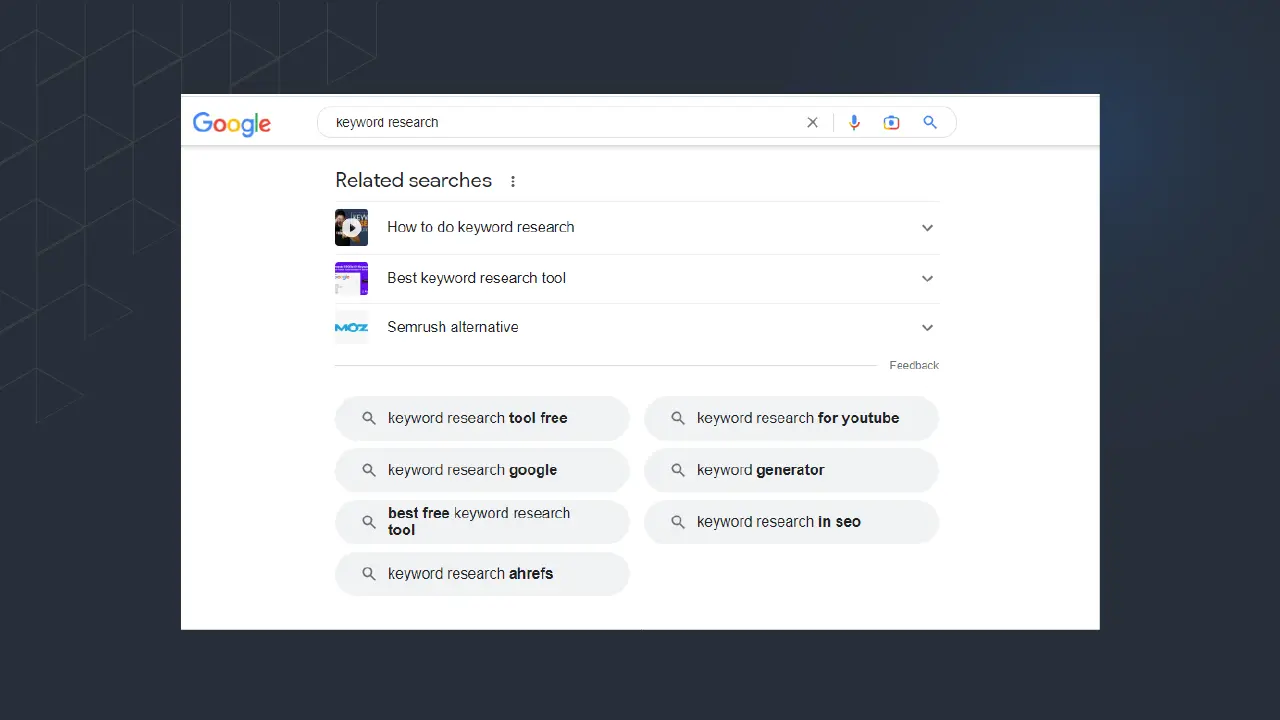Keyword Analysis: How to Analyze Keyword for Great Content
Keywords play a crucial role in content creation, acting as the bridge between your target audience and your content. Understanding the significance of keyword analysis is key to unlocking the potential of your content and driving its success.
By conducting thorough keyword analysis, you gain insights into what your audience is searching for and the language they use. It helps you understand their needs, preferences, and pain points, enabling you to craft content that addresses their specific interests and provides valuable solutions.
This article aims to guide readers on effectively analyzing keywords to create great content that resonates with their audience and delivers exceptional results.
What Is Keyword Analysis?
Keyword analysis refers to the process of researching, evaluating, and selecting the most relevant and effective keywords for a particular website, webpage, or content piece.
It involves examining various factors such as search volume, keyword competitiveness, and relevance to the target audience in order to optimize content for search engines and drive organic traffic.
How to Conduct Keyword Analysis
To make your ranking better through content, you need to make sure that your content is outstanding and has a large audience. Below are some step you can take in conducting keyword analysis for your content.
Conduct Keyword Research
Before diving into keyword research, it is essential to have a clear understanding of the topic or theme for which you want to optimize your content. Start by identifying the main subject or focus of your content.
This can be a specific product, service, industry, or a broader topic related to your business. The more specific you can be, the easier it will be to find targeted keywords.
Next, you can use Keyword Research Tool to help you get the data to be analyzed. Input your seed keywords into the field provided and let the system generate big amounts of keywords for you along with the metrics.
 |
|---|
| Picture 1: Keyword research tool interface to input user keywords. |
The keyword research tool will provide a list of related keywords and phrases based on your seed keywords. These suggestions can help you discover more specific keywords that are relevant to your content.
Analyze The Search Volume and Competition
Search volume refers to the number of times a specific keyword is searched for within a given time frame, usually on a monthly basis. Keyword research tools provide data on search volume, helping you analyze the popularity and potential reach of a keyword.
The higher the search volume, the more people searching for it. However, sometime high search volumes comes with high competitiveness so that it will be harder to rank.
 |
|---|
| Picture 2: Get search volume in the Keyword Research Tool for free. |
While keyword competitiveness refers to the level of competition among websites targeting the same keyword. It helps assess the difficulty of ranking well for a particular keyword.
It's important to strike a balance when assessing keyword competitiveness. Targeting highly competitive keywords may be challenging for new or low-authority websites. Instead, consider targeting a mix of keywords with varying levels of competitiveness to increase your chances of ranking well.
By analyzing both search volume and competition metrics, you can identify keywords that strike the right balance between popularity and feasibility.
Evaluating Keyword Relevance
In addition to assessing search volume and competition, it is crucial to evaluate the relevance of keywords to ensure they align with your target audience's intent and your content objectives. Here's how
- Matching Keywords to Target Audience Intent: Understanding the intent behind a keyword is key to creating content that resonates with your audience. User intent refers to the underlying motivation or purpose behind a search query.
- Aligning Keywords with Content Objectives: Every piece of content you create should have specific objectives and goals, whether it's to inform, educate, entertain, or promote a product/service. When evaluating keyword relevance, consider how well the keywords align with your content's purpose and goals.
Remember, keyword relevance goes beyond just choosing popular or highly competitive keywords. Make sure only relevant content is on your website.
Exploring Semantic and Related Keywords
When conducting keyword analysis, it's essential to explore semantic and related keyword associations. This process helps uncover additional keywords that are closely related to your main target keywords.
It helps you optimize your content for a wider range of relevant search queries and capture the attention of users who may use different terms to search for similar information. You can also find LSI (latent semantic indexing Keywords within the Keyword Research Tool.
 |
|---|
| Picture 3: Example of Keyword Research Tool Result in displaying LSI keywords |
You can also search for relevant keywords by surfing Google's related search. The question list might contain relevant keywords that you can take as a reference.
 |
|---|
| Picture 4: Related Search in Google search result |
By exploring semantic and related keyword associations, you can optimize your content to be more comprehensive, relevant, and aligned with user search intent.
Conclusion
Keyword analysis is a fundamental aspect of successful content creation and search engine optimization. By conducting thorough keyword research to searching for semantic keywords, you can create great content.
In the process of keyword research, you can utilize Keyword Research Tool that can help you gather the keyword data. Thus, you shall not be worried about effective keyword research.